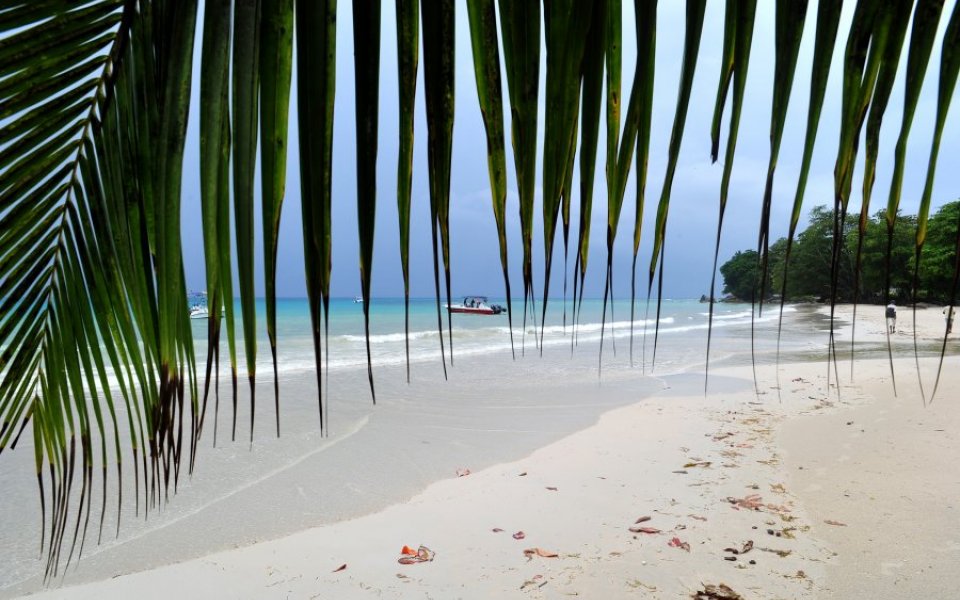Sterling outperformed four out of five currencies this year – but exotic holidays to the Seychelles and the Maldives became more expensive

The strong performing UK economy, a global commodity rout and the economic slowdown in China led to sterling outperforming four out of five currencies in the past year, giving British holidaymakers more bang for their buck when they're abroad.
The pound increased in value against 48 of 61 currencies, including the euro, Brazilian real, Turkish lira and Australian dollar, research by Lloyds Private Banking found.
However, exotic destinations were less favourable to British travellers, with the Seychelles rupee and Maldives rufiyaa two of the strongest performers against the pound. The Trinidad and Tobago dollar and Dominican Republic peso also strengthened against the pound.
[infographic id="469"]
Zambia's kwacha was the worst performing currency against the pound. Its value fell 61 per cent thanks to declining copper prices and electricity shortages. In all, four of the biggest declines were in African currencies.
The Ukranian hyrvian tumbled 49 per cent against the pound amid ongoing conflict in the east of the country, reduced trade with Russia and a worsening economy. Meanwhile sanctions and record low oil prices did not help Russia, with the rouble falling 21 per cent against the pound.
[infographic id="468"]
"Sterling has performed strongly against the majority of leading currencies in the past year. The pound has gained in value against several currencies that have been adversely impacted by falling commodity prices, a weakening economy and the slowdown in the Chinese economy," said Lloyds' international private banking director, Richard Musty.
"For British holidaymakers looking to travel to countries such as Brazil, Turkey, South Africa or any of the euro-zone countries, this is great news as the pound will go further. However, those looking at exotic holiday destinations, such as the Seychelles or Maldives, will find their stay will be more expensive."